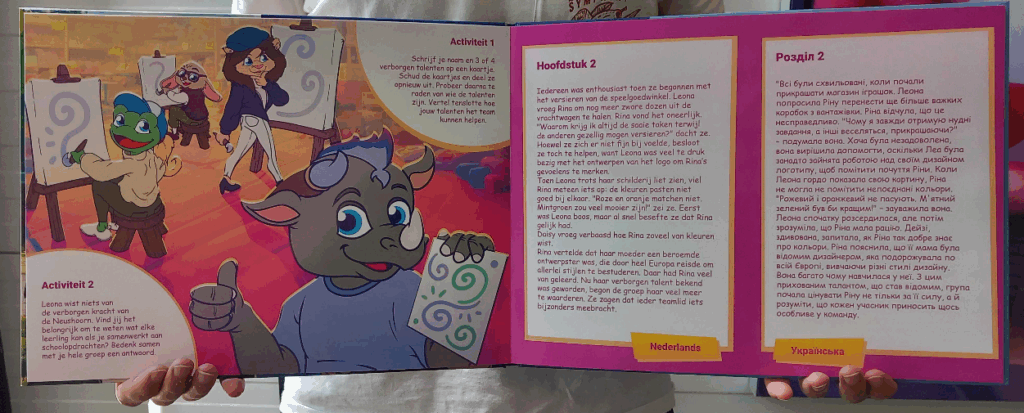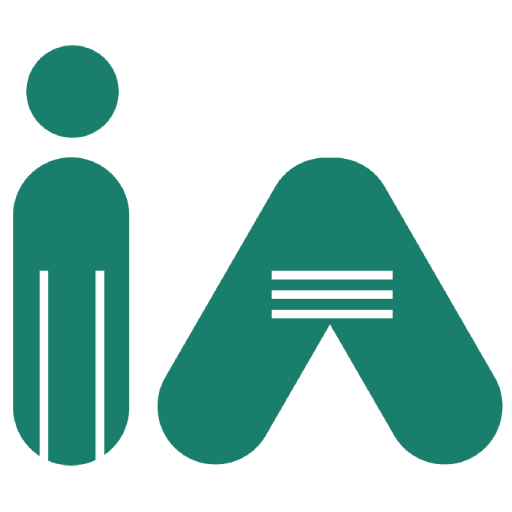
In today’s increasingly diverse classrooms, fostering inclusion is not only a pedagogical necessity but a social imperative. In a world in which conflicts are increasing and humanitarian are central in public debate, now more than ever is important to convey our children the values of diversity.
The INTER-ACT project responds to this need with two practical and engaging outputs: the INTER-ACT Book and the Student Inclusion Guide for Teachers. Together, these tools offer a creative, values-driven approach to nurturing inclusive attitudes and skills among primary school pupils.
At the heart of the project is the INTER-ACT Book, an interactive story that follows a group of animals working together to open a toy store. Each character brings unique strengths and cultural traits to the project, echoing the diversity of today’s classrooms. The story unfolds through five chapters, each accompanied by activities that invite pupils to reflect on concepts like teamwork, empathy, fairness, and appreciation of differences. These activities are not passive add-ons—they are embedded in the narrative, allowing children to experience inclusion firsthand through decision-making, cooperation, and storytelling. The book, originally conceived in English, has been translated into all partner languages (Greek, Dutch, and Italian), and all versions will be bilingual with facing text in Ukrainian.
Complementing the book is the Student Inclusion Guide for Teachers, which provides a dual support system: a solid theoretical framework and a practical methodology. The guide’s first part lays the foundation by exploring the principles of inclusive education, best practices in primary settings, and the role of European values in shaping inclusive mindsets. This section helps teachers understand not just what to do, but why it matters.
The second part, the INTER-ACT Activity and Assessment Methodology, translates theory into classroom action. It equips educators with ready-to-use tools: printable worksheets, activity instructions, implementation tips, and innovative assessment strategies. Activities are designed to develop both social-emotional skills and civic awareness, making them ideal for multicultural classrooms where emotional intelligence and intercultural competence are crucial. The assessment approach also emphasizes group reflection and peer learning, reinforcing the collective journey toward inclusion.
In essence, INTER-ACT is more than a storybook or a teacher’s guide—it’s a learning journey that invites both pupils and teachers to build a classroom culture rooted in diversity, respect, and cooperation. By combining imaginative storytelling with structured, research-based pedagogy, the project offers an effective and replicable model for fostering inclusion in multicultural educational contexts across Europe.
